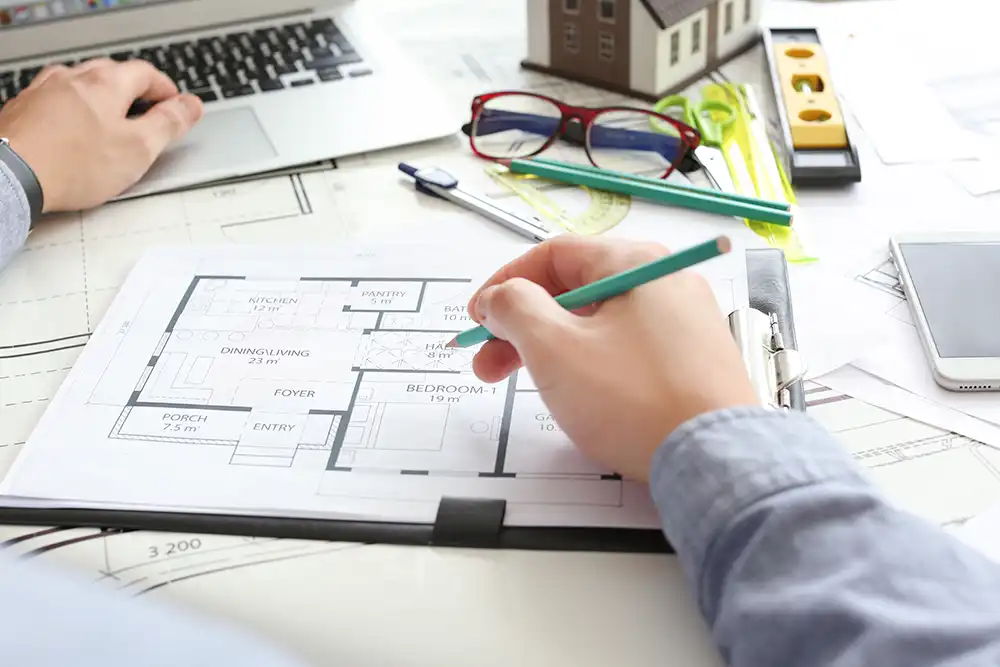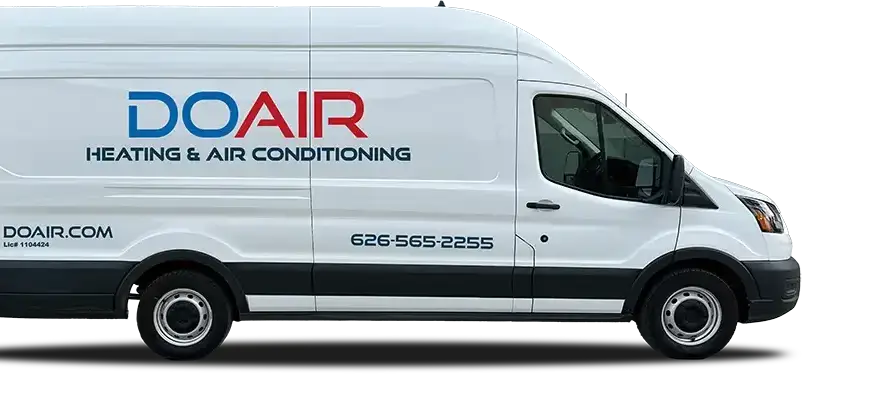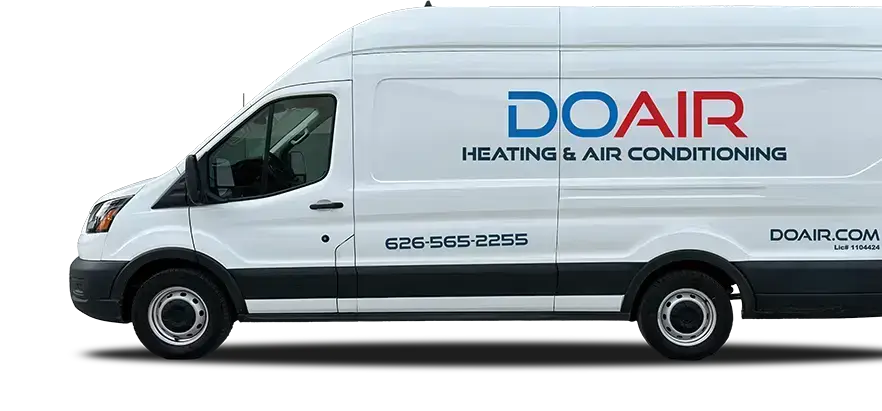Climate control in your home is not just about comfort but also about efficiency and cost-effectiveness. A home climate audit is a comprehensive assessment of your heating and cooling needs, ensuring that your home maintains an ideal temperature throughout the year while keeping your energy bills in check. This article will guide you through the process of conducting a home climate audit, discussing the importance of understanding your home’s thermal characteristics, assessing your current systems, and exploring innovative technologies and solutions for enhanced home climate control.
Assessing Home Insulation and Ventilation for Heating and Cooling Efficiency
Before delving into the specifics of your heating and cooling systems, it’s crucial to understand your home’s thermal characteristics. This involves analyzing the insulation and ventilation of your home. Proper insulation keeps your home warm during the winter and cool during the summer, reducing the need for excessive heating or cooling. Similarly, effective ventilation ensures a constant flow of fresh air, maintaining a comfortable and healthy living environment.
The role of windows and doors is also paramount in maintaining your home’s ideal temperature. They can be sources of heat loss or gain, depending on their design, material, and installation. Ensuring that your windows and doors are energy-efficient can significantly contribute to stabilizing your home’s internal climate.
Evaluating Your Heating Solutions: A Key Step in Home Climate Audit
The efficiency of your heating system directly impacts your comfort and utility bills. Various types of heating systems, including furnaces, heat pumps, and boilers, have their own set of efficiency standards. Understanding the type of system you have and its efficiency is the first step in assessing your heating needs.
Signs of an inefficient heating system may include uneven heating, frequent repairs, high energy bills, and excessive noise. Addressing these issues not only improves your comfort but also reduces your energy consumption and costs.
Cooling Systems Assessment: Enhancing Home Climate Control
Similar to heating systems, cooling systems come in various types, including central air conditioning, window units, and evaporative coolers. Each has its own effectiveness and suitability depending on your home’s layout and climate zone.
Indicators of an inefficient cooling system are not much different from those of a heating system. They include inadequate cooling, high energy consumption, and frequent breakdowns. Regular maintenance and timely upgrades can significantly improve the performance of your cooling system.
Analyzing Home Energy Use for Heating and Cooling Cost Efficiency
Understanding your home’s energy consumption pattern is key to a successful climate audit. By calculating your home’s energy usage, you can identify areas where you can save energy and reduce costs. Additionally, implementing strategies for reducing heating and cooling costs, such as installing energy-efficient appliances, sealing leaks, and adding insulation, can lead to significant savings.
Exploring Advanced Heating and Cooling Technologies for Home Efficiency
The heating and cooling industry is constantly evolving, with new technologies emerging to enhance home climate control. Smart thermostats and automated systems offer convenience and improved efficiency by adapting to your lifestyle and preferences. Additionally, the future of home climate control looks promising with innovations aimed at increasing energy efficiency and reducing environmental impact.
Home Climate Audit: Assessing Your Heating and Cooling Needs
Conducting a home climate audit can be a DIY project or a task for a professional. If you choose the DIY route, you’ll need to familiarize yourself with the steps involved in assessing your home’s heating and cooling needs. For a more thorough audit, professional audit services are available, providing detailed assessments and recommendations.
Enhancing Air Quality Alongside Heating and Cooling
While focusing on heating and cooling, it’s essential not to overlook the importance of air quality. Poor indoor air quality can lead to health issues and affect your overall comfort. Integrating solutions for improving air quality, such as air purifiers and dehumidifiers, can enhance the effectiveness of your heating and cooling systems.
Seasonal Maintenance for Optimal Performance
To ensure your heating and cooling systems perform optimally, seasonal maintenance is crucial. Preparing your systems for winter involves checking the heating system, insulating pipes, and sealing leaks. Similarly, summer readiness includes servicing your cooling system, cleaning filters, and ensuring proper ventilation.
Financial Incentives and Rebates
Many governments and manufacturers offer incentives and rebates for installing energy-efficient heating and cooling systems. Understanding how to qualify and apply for these incentives can lead to significant cost savings and encourage the adoption of greener technologies.
Troubleshooting Common Issues
Encountering issues with your heating or cooling system is not uncommon. Being aware of common heating problems and solutions, as well as typical cooling system setbacks and fixes, can save you time and money. Regular maintenance and understanding basic troubleshooting can keep your systems running smoothly.
The Role of Insulation in Climate Control
Insulation plays a critical role in maintaining your home’s temperature. Different types of insulation offer varying benefits in terms of thermal resistance and cost-effectiveness. Upgrading your home’s insulation can be one of the most effective ways to improve your heating and cooling efficiency.
Integrating Renewable Energy Sources
Renewable energy sources, such as solar power and geothermal systems, offer sustainable solutions for heating and cooling your home. These systems not only reduce your carbon footprint but can also lead to long-term savings on energy bills.
FAQs on Home Climate Audit
A home climate audit is a thorough assessment of your home’s heating, cooling, and ventilation systems to determine their efficiency and effectiveness. It’s crucial because it helps identify ways to improve your home’s comfort, lower energy bills, and reduce your environmental footprint by pinpointing areas where energy usage can be optimized.
It’s generally recommended to conduct a detailed climate audit every 3 to 5 years. However, if you notice significant changes in your heating or cooling bills, or if you’ve made major modifications to your home, it might be wise to perform an audit sooner.
While some aspects of a home climate audit can be done by a homeowner, such as checking for drafts or inspecting insulation, a professional auditor can provide a more comprehensive service. They can perform detailed checks, including thermographic inspections and blower door tests, to assess your home’s energy efficiency accurately.
Common signs include unexpectedly high energy bills, certain areas in your home being too hot or cold, the system running constantly or turning on and off frequently, and strange noises coming from your heating or cooling system.
You can optimize your home’s insulation, seal leaks around doors and windows, use energy-efficient appliances, and install a programmable thermostat to better control your heating and cooling systems. Regular maintenance of your HVAC system is also crucial to ensure it’s running efficiently.
Conclusion and Future Outlook
A home climate audit is an invaluable tool for assessing your heating and cooling needs. It not only ensures comfort and efficiency but also contributes to cost savings and environmental sustainability. As technology advances, the future of home climate control looks promising, with innovative solutions aimed at enhancing comfort and reducing energy consumption. Conducting regular audits and staying informed about the latest trends and technologies can help you maintain an ideal home climate all year round.
Future Trends in Home Heating and Cooling: The heating and cooling industry is continually evolving, with a focus on energy efficiency, sustainability, and integration with smart home technologies. Future advancements are expected to bring even more innovative solutions, further enhancing the comfort and efficiency of home climate control.


